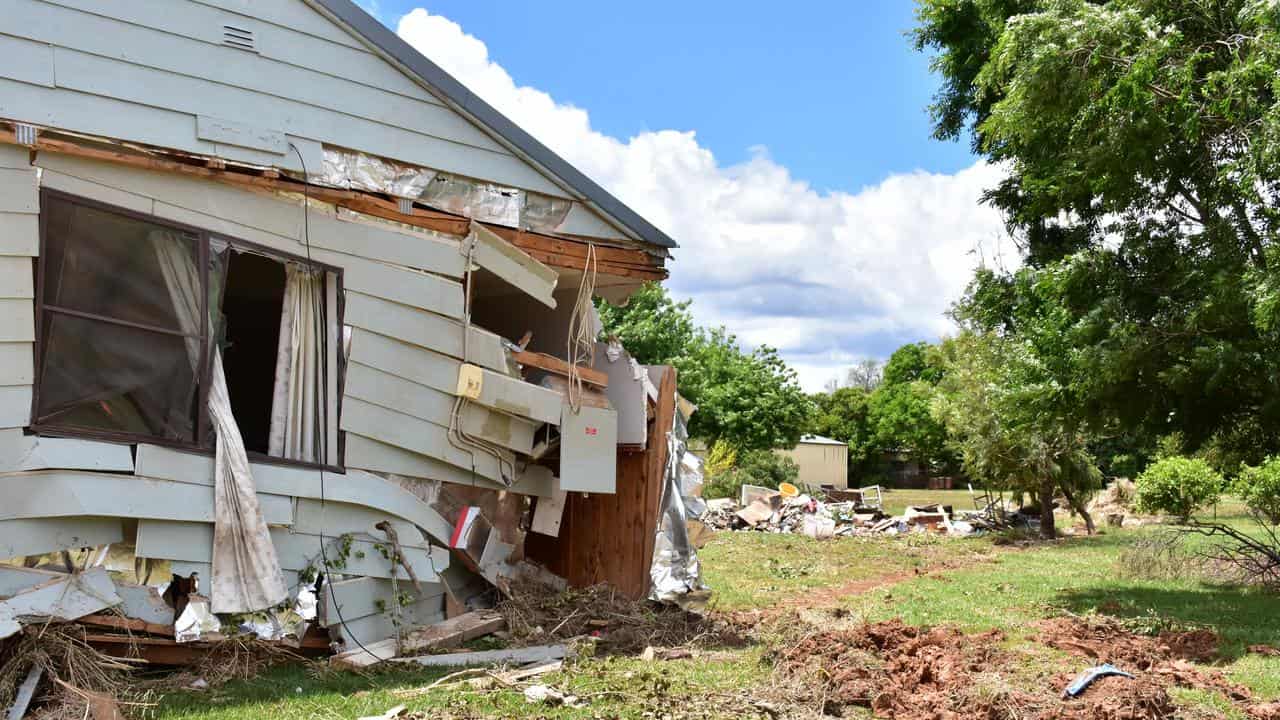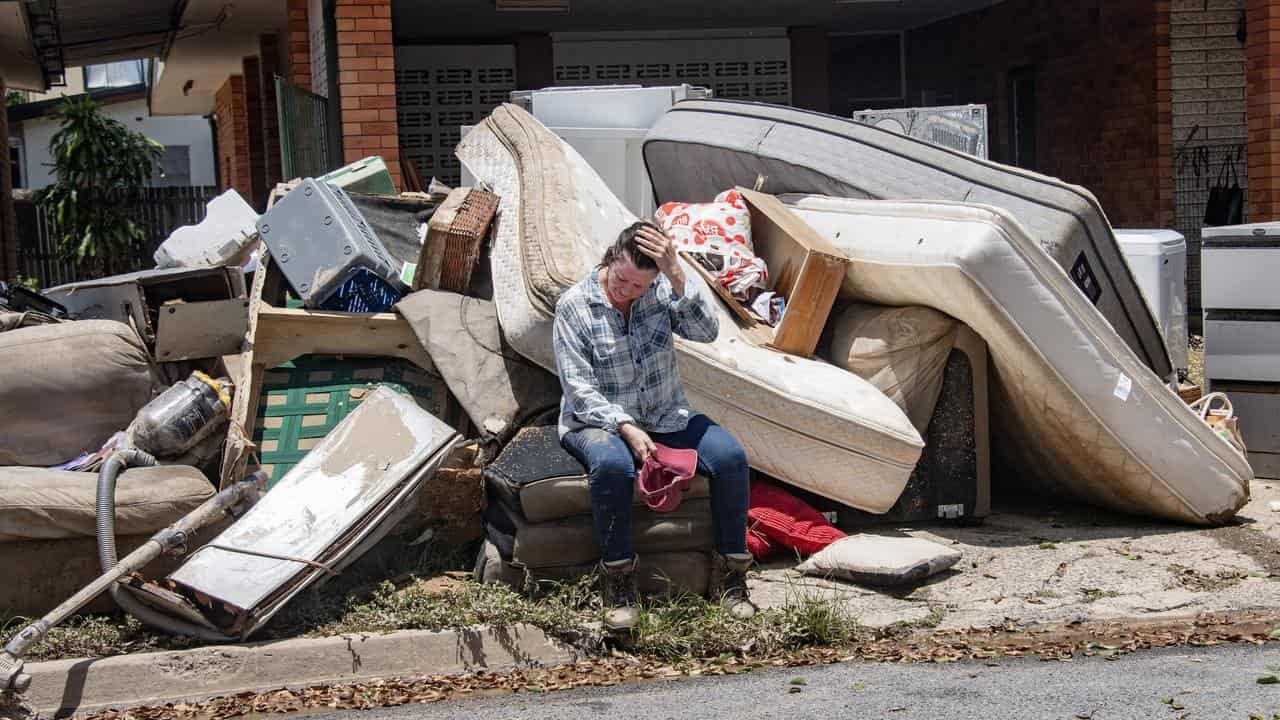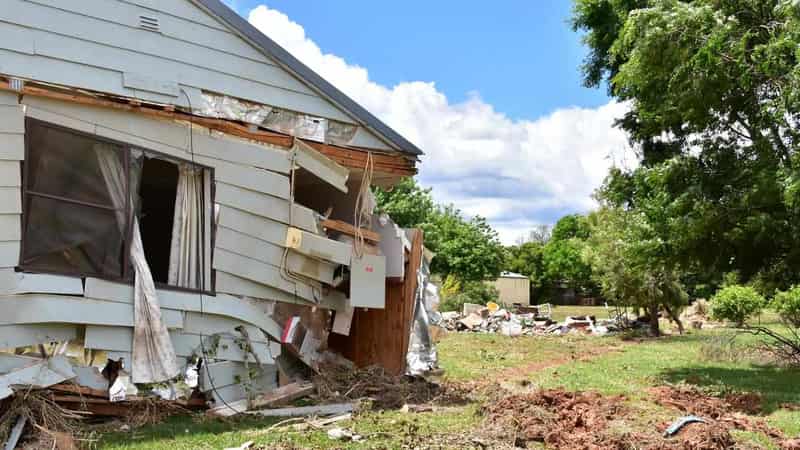
Millions of households are struggling to afford to safeguard their homes as climate change-induced natural disasters cause insurance premiums to spike.
The number of households facing home insurance stress - where premiums cost more than one month of their entire annual salary - rose by 30 per cent to 1.6 million in the past year, according to a report released on Monday by the Actuaries Institute.
These households are losing about 9.6 weeks of their annual income to cover the premium increases - seven times more than the average household.

"That's a very large chunk of people's income. It will be very hard for people to pay that, especially with other cost of living pressures at the moment," report lead author Sharanjit Paddam told AAP.
"If people don't buy insurance, or buy less than they need, that puts them at risk after a disaster, and it'll be very hard to recover, and eventually, those costs will be borne by governments and taxpayers."
Median insurance premiums have risen by nine per cent, with costs increasing by more than 30 per cent for the five per cent of households paying the highest premiums due to floods and cyclones.
Disasters caused by climate change are pushing up recovery costs, prompting reinsurers to hike their insurance rates which get passed back to consumers, he said.
Inflation is also impacting insurance premiums as costs to rebuild homes increase, but Mr Paddam said that was less of an issue this year.
Areas such as southwest Queensland, NSW’s Northern Rivers, regional Western Australia and the Northern Territory have the largest proportion with half the population experiencing insurance stress due to high flood and cyclone risk.
But the problem is also having a "contagion" effect on the nation's $2.3 trillion home loan market.
The report estimates about 180,000 households with mortgages, accounting for $57 billion worth of home loans, are experiencing home insurance affordability stress, paying $5216 a year on home insurance compared to the average $2124 premium.
Banks insulate themselves from the risk of natural disasters by requiring people who have a home loan to have insurance.
But if people did not insure their homes due to unaffordable premiums, Mr Paddam said banks were exposed to natural disaster costs and could face unexpected losses.
The best way to reduce the risk insurance costs was to reduce the risk on properties which meant better building standards to take into account natural disasters, building appropriate houses in appropriate places and retrofitting homes to make them more resilient, Mr Paddam said.
Governments could also improve social housing or build levies around suburbs to contain natural disaster risks.
"This is the consequence of climate change, and we need to take action to reduce emissions so that this doesn't keep getting worse over time," Mr Paddam said.
"We're already seeing the impact of delayed action on climate change for the last decade, and that's coming through now as higher insurance premiums costs."









